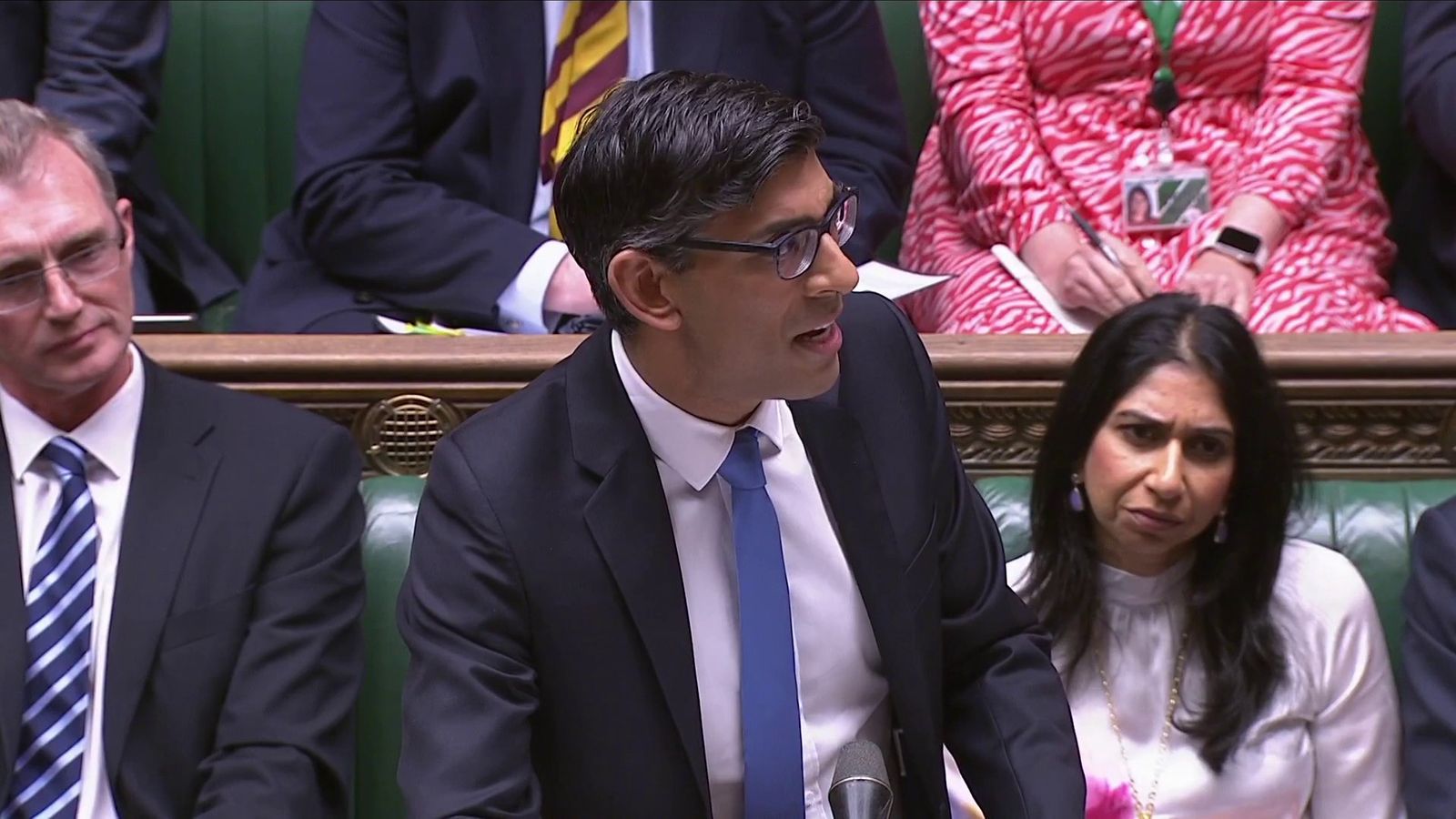
Investors can now hedge against interest-rate risk in a DeFi environment by trading Secured Overnight Financing Rate (SOFR) swaps.
Decentralized finance protocol Voltz now allows Avalanche users to trade interest rate swaps of the Secured Overnight Financing Rate (SOFR), a benchmark dollar rate used throughout the global economy.
The new feature allows investors to hedge their exposure to interest rate changes and speculators to bet on whether the rate will go up or down, according to a May 24 announcement from Voltz seen by Cointelegraph.
SOFR is the interest rate on overnight loans paid by institutions when they use United States Treasury bonds as collateral. It was created to replace the older London Interbank Lending Rate (LIBOR). Because loans secured by Treasury bonds are considered very low risk, SOFR is often used as a benchmark to calculate other rates. SOFR is heavily influenced by the Federal Funds Rate set by the Federal Reserve.
In traditional finance, companies have used interest rate swaps based on SOFR for years to help protect themselves against rate fluctuations. For example, a company that wanted to borrow could use these products to protect itself against Fed rate hikes.
The Voltz feature makes this traditional finance product available on the Avalanche network, potentially opening its use case to a wider group of investors.
Related: Avalanche introduces ‘Evergreen’ subnets to connect institutions on blockchain
Simon Jones, CEO and co-founder of Voltz Labs, said that the new feature would help level the playing field between retail investors and large institutions.
“Everyone is exposed to what the Fed decides to do [but] only a handful of institutions have access to interest rate swap markets that allow them to hedge that exposure, until now,” he said. In his view, the launch of the Voltz protocol makes “traditional financial markets accessible on DeFi rails.”
Traditional financial products have been making their way into DeFi slowly but surely. Securities broker-dealer INX launched shares of Greenbriar Capital via Ethereum on April 3 and developed a compliance-friendly wallet for institutions to go along with it. On April 27, Neobank released a Soulbound token protocol to simplify the Know Your Customer process for DeFi. Neobank hopes the protocol will enable banks to integrate more with the growing Web3 ecosystem.









